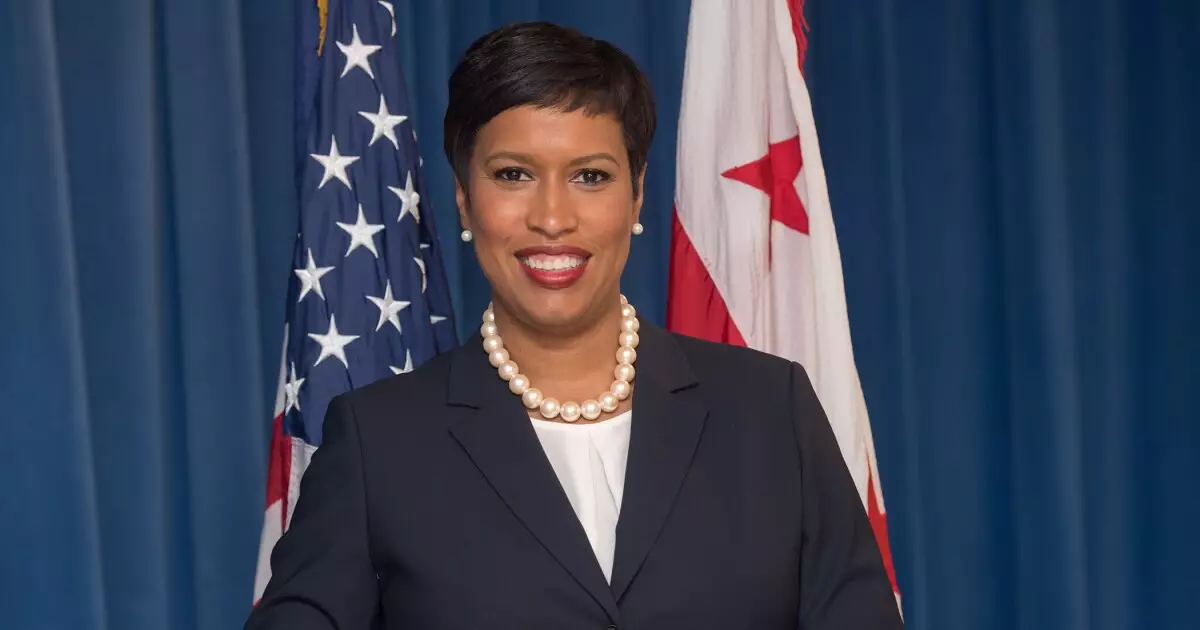The transfer of ownership of the RFK Stadium site from the federal government to the District of Columbia seems to be stuck in a political limbo. Despite bipartisan support in Congress for the “D.C. Robert F. Kennedy Memorial Stadium Campus Revitalization Act,” the legislation has been stagnant in the Senate since May. The major players involved in the deal, including the Washington Commanders, are aware of the gridlock and are not optimistic about any progress prior to the upcoming elections.
The Washington Commanders, the National Football League team currently based in Landover, Maryland, have expressed a strong desire to return to Washington. The team’s ownership is keen on exploring other options besides their current stadium in Maryland, and the RFK Stadium site in the District of Columbia seems to be a prime location. With the announcement of a new naming rights deal for the Landover stadium, it is evident that the team is looking towards a future in a new venue.
Both the city of Washington, D.C., and the Washington Commanders need to make crucial decisions regarding the RFK Stadium site in the near future. Mayor Muriel Bowser emphasizes the importance of having a centrally located stadium with emotional significance for players and fans. The existing lease agreement with the federal government limits the development possibilities for the site, prompting the need for a transfer of ownership to D.C. to unlock its full potential.
Washington, D.C., has a track record of using public financing to build and maintain sports arenas and stadiums. From attracting the Washington Nationals to constructing the Capitol One Arena, the city has relied on public funds to support its sports infrastructure. The failed attempt to move the Wizards and the Capitals to Virginia highlights the importance of strategic planning and collaboration between government entities and sports franchises.
The RFK Stadium holds a significant place in the history of Washington sports, having hosted the Washington Commanders (formerly the Redskins) from 1961 to 1996. The iconic location, situated just two miles east of the U.S. Capitol building, carries a sense of nostalgia for both players and fans. The potential revitalization of the site presents an opportunity to create a modern sports facility with historical significance.
The battle over the ownership of the RFK Stadium site symbolizes the intersection of politics, sports, and urban development. The stakeholders involved must navigate through legislative barriers and financial constraints to pave the way for a new era in Washington sports. The future of the Washington Commanders and the city of Washington, D.C., hinges on the resolution of this ongoing debate.

